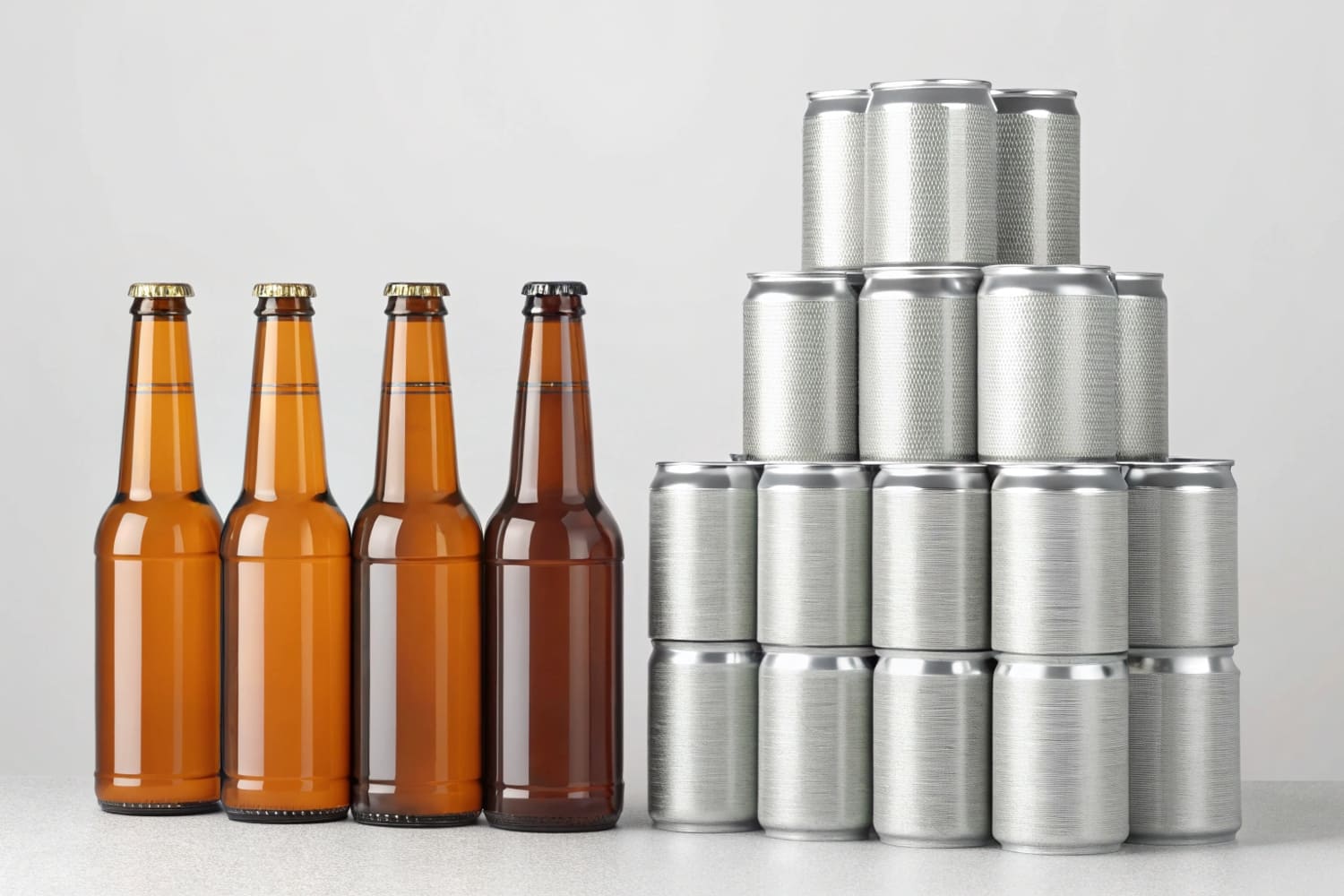I know you need beer packaging that moves fast. You also need it to look good on shelf. You also want clear answers without jargon.
Yes. I offer both bottles and cans, plus custom cardboard displays that fit each format. I help you choose by sales goals, channel rules, sustainability targets, freight, and timelines. I handle design, samples, tests, and mass production.
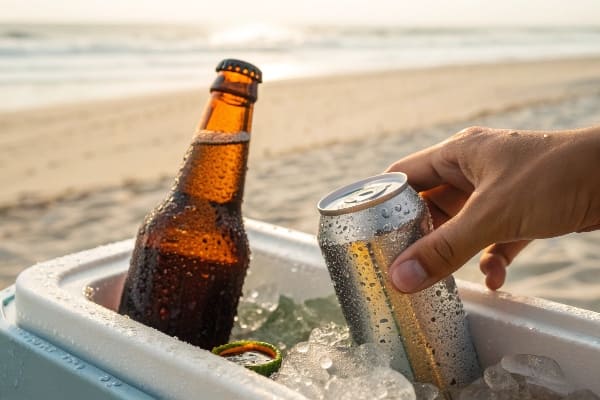
I work in displays every day. I see what shoppers do. I track costs, freight, and retail rules. I keep my advice simple and grounded in real launch deadlines.
What sells more cans or bottles?
Shoppers often choose with speed. Retailers push for safer stocking. Marketing wants strong faces on shelf. I bring these parts together so you can decide with confidence.
Cans usually sell more in grocery and convenience because they chill fast, stack tight, and allow bold 360° graphics; bottles can win in premium and on-premise channels where glass cues quality and ritual.
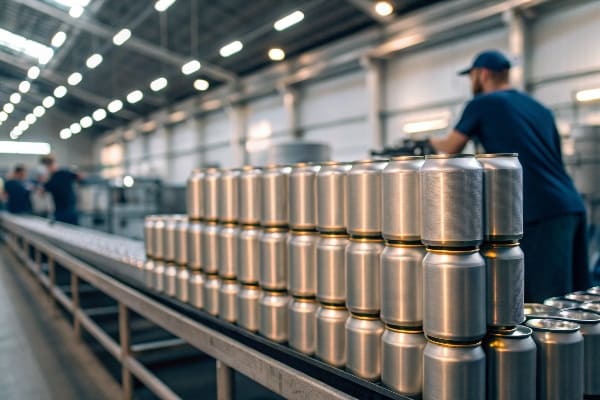
Deeper analysis: channels, costs, and shopper signals
I see a clear pattern across high-velocity channels. Cans move faster in supermarkets, club stores, and gas stations. Staff stock them faster. Pallets cube better. Cold boxes fit more facings. The result is higher availability on peak hours. That alone lifts sales. Graphics also hit harder on cans. A full wrap tells the story from every angle. That matters in crowded beer aisles.
Bottles still matter. They signal craft, import heritage, and sipping. They play well in glass-friendly bars, tasting rooms, and premium gift packs. Long-neck carriers create a ritual that some buyers love. I never try to force one format. I match format to channel, price tier, and your brand voice.
Below is a fast comparison that I use in planning calls:
| Factor | Cans | Bottles |
|---|---|---|
| Shelf velocity | Higher in grocery, c-store | Higher in some premium sets |
| Cold-chain | Chill faster; stack tighter | Slower chill; heavier |
| Graphics | 360° full wrap | Label + glass aesthetics |
| Breakage | Very low | Higher; safety protocols |
| Freight/cube | Better cube; lighter | Heavier; more void space |
| Sustainability | High recycling; lightweight | Recyclable; refillable in some regions |
When I set displays, I pair cans with floor or pallet POP for seasonal pushes. I pair bottles with countertop or giftable shelf displays with textured boards. This mix balances volume and brand perception.
Should I buy beer in cans or bottles?
You face a real choice. You want speed to shelf and strong margins. You also want the right brand feel. You also may face store mandates or festival rules. I will keep it practical.
Pick cans for velocity, logistics, and bold branding; pick bottles for premium cues, gift sets, and specific on-premise rituals. Many brands use both: cans for volume channels, bottles for premium lines and seasonal gifts.
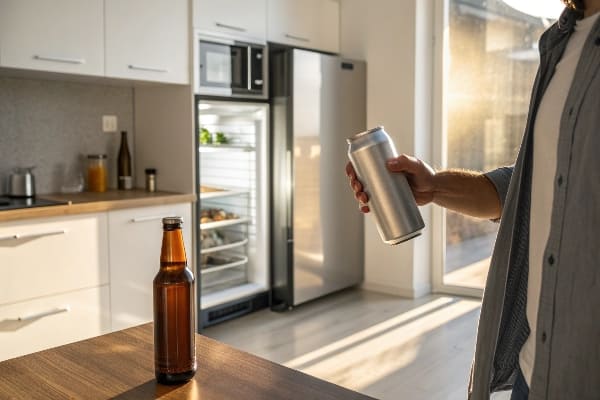
Deeper analysis: decision tree1 and display integration
I use a simple decision tree in scoping calls. If your top channels are grocery, club, and convenience, I lead with cans. If your gross margin depends on high case turns, cans win again. If your brand story leans on heritage or glass color, I consider bottles. If your launch kit needs gift appeal, I combine bottles with printed carriers and premium shelf trays.
Display format matters too. My factory builds floor displays, pallet displays, and countertop units in corrugated board. Cans load faster into these units. They keep weight balanced and reduce lean. Bottles need inserts and tighter tolerances. That adds cost and time. I plan dielines to hold neck profiles, add crash-lock bases, and include beveled headers for safety.
Here is how I align packaging with POP displays2:
| Goal | Recommended Package | Recommended Display | Why |
|---|---|---|---|
| High-velocity promo | 12–24 pack cans | Pallet or floor POP | Fast restock, big facings |
| Premium seasonal | 4–6 pack bottles | Countertop or shelf tray | Giftable, tactile |
| New flavor test | Sleek cans | PDQ tray | Small footprint, quick trial |
| On-premise sampler | Bottles mix-pack | Compact floor tower | Premium feel, safe dividers |
I always send 3D renders, then a sample. I make free tweaks until it is perfect. I run load tests to confirm safety. This keeps your team calm and your dates intact.
How many beer cans do you need to make $100?
You might plan a deposit drive or a recycling story. You want the math clear and simple. I will show both common rates.
At a $0.05 deposit you need 2,000 cans to get $100. At a $0.10 deposit you need 1,000 cans. Check your state program rules and eligible containers.
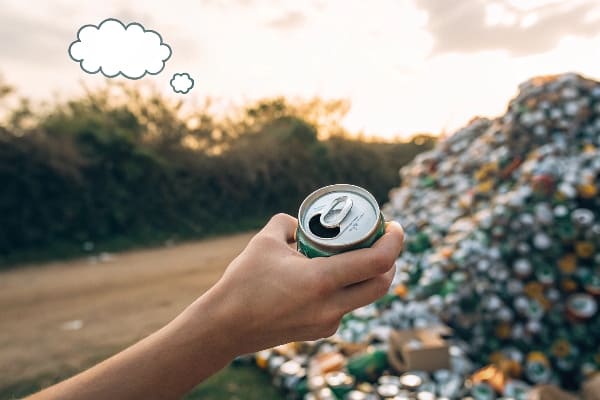
Deeper analysis: deposits, weight, and practical collection
Deposit programs3 vary by state. Some pay $0.05 per eligible container. A few pay $0.10. The clean math helps teams plan events. It also helps set realistic social posts and internal KPIs. I always confirm local rules before I print any claim on a display header or a neck hanger.
Weight also matters. A standard 12 oz empty aluminum can4 weighs roughly 13–15 grams. A thousand cans weigh about 13–15 kilograms before bag weight. Teams can lift that safely when they work in pairs and use rolling bins. I design display and backroom signage that explains how to flatten cans, where to drop bags, and when to schedule pickups. This reduces mess and keeps stores happy.
Here is a quick reference:
| Deposit per can | Cans for $100 | Notes |
|---|---|---|
| $0.10 | 1,000 | Common in a few states |
| $0.05 | 2,000 | Common in many states |
| No deposit | N/A | Use scrap value; varies |
If you run a charity drive, I can print QR codes on PDQ trays. These link to the program page. I can add water-resistant coatings so signs last through wet returns. Clear, simple copy works best.
Is it better to buy cans or bottles of beer?
You want a straight answer. You want less waste and fewer headaches. You also want your brand to look right in hand and on shelf.
"Better" depends on channel, brand position, and cost. Cans win for logistics and speed. Bottles win for premium cues and certain venues. I build displays that maximize each choice in its best channel.
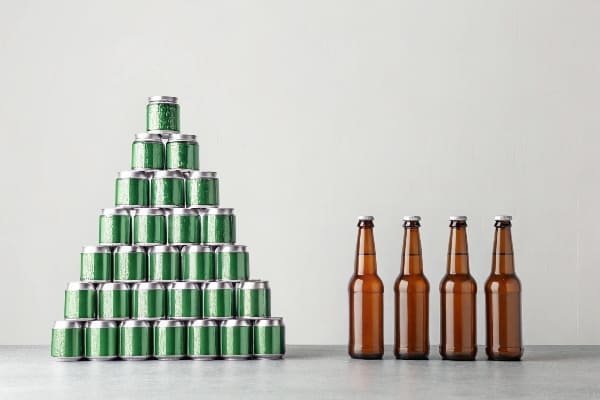
Deeper analysis: quality, sustainability5, and timeline control
I hear one fear a lot: "Will cans hurt taste?" Modern lining protects flavor. Light cannot penetrate cans. Oxygen pickup stays low with good filling. Bottles can also taste perfect when you control light and cap quality. The real gap shows up in logistics. Cans ship lighter. That means lower freight and fewer damages. Bottles need more protective packaging and tighter QC on carriers. My strength tests catch weak points before launch.
Sustainability is not one note. Aluminum has high recycling rates and strong scrap value. Glass is also recyclable and can be refillable in some programs. Cardboard displays add another layer. I use recyclable corrugated boards6, water-based inks, and flat-pack designs. This cuts waste and speeds set up. I add QR codes for AR content when you need education. I keep structures simple so staff can build them in minutes with no tools.
Here is a planning grid that keeps teams aligned:
| Dimension | Cans | Bottles | Display Tip |
|---|---|---|---|
| Flavor protection | Excellent (no light) | Good; needs amber/UV control | Shade displays near windows |
| Damage risk | Low | Higher | Add inserts, corner guards |
| Freight cost | Lower | Higher | Use flat-pack floor POP |
| Brand cue | Modern, bold | Classic, premium | Match board textures |
| Timeline | Fast | Moderate | Approve dieline early |
When timelines get tight, I move fast. I share renders in 24–48 hours after brief. I cut white samples to confirm fit. I sign off colors with a calibrated proof. I do not charge for edits until the design is right. My goal is a clean launch that hits your ship date.
Conclusion
Cans drive speed and scale. Bottles shape premium cues. I mix formats with the right displays so you sell more with less stress.
Understanding decision trees can enhance your packaging strategy, ensuring effective product placement and marketing. ↩
Exploring best practices for POP displays can help you create impactful marketing strategies that attract customers and boost sales. ↩
Understanding deposit programs can help you maximize recycling efforts and community engagement. ↩
Learn about aluminum can recycling to enhance your sustainability initiatives and improve collection strategies. ↩
Explore this link to discover innovative sustainability practices that can enhance your packaging strategy. ↩
Learn about the benefits and applications of recyclable corrugated boards in sustainable packaging solutions. ↩

